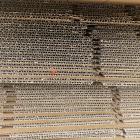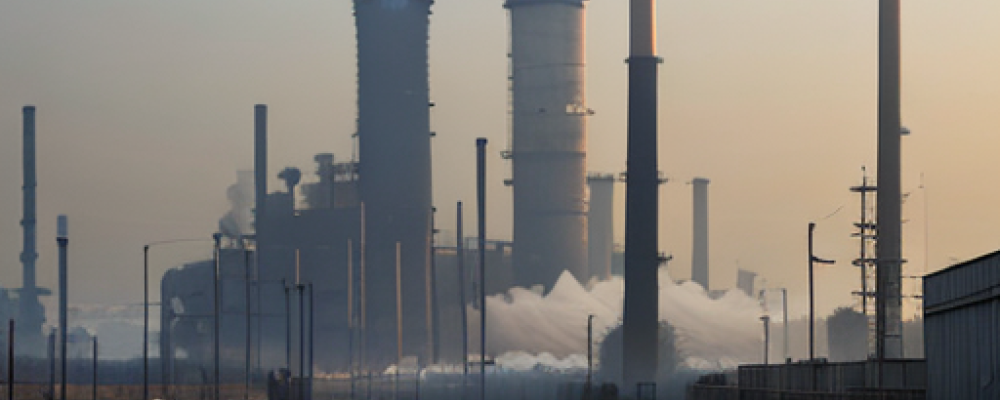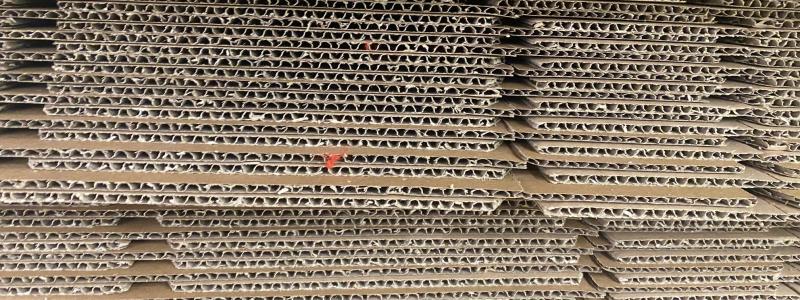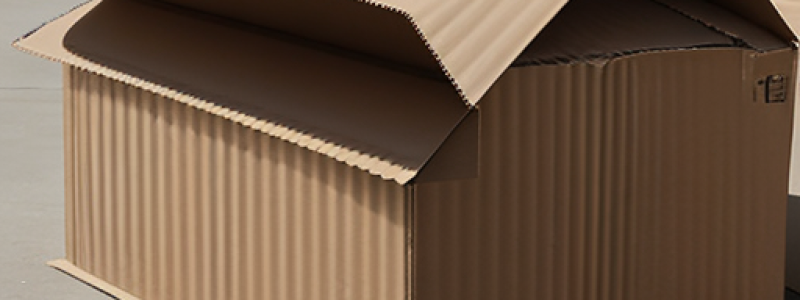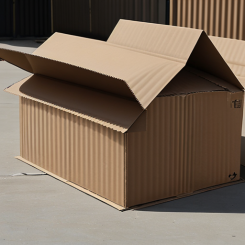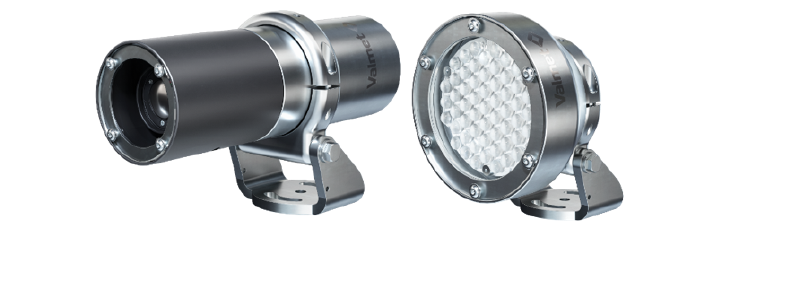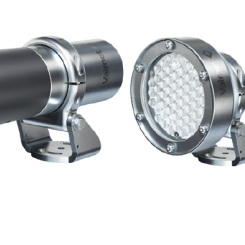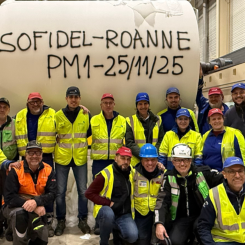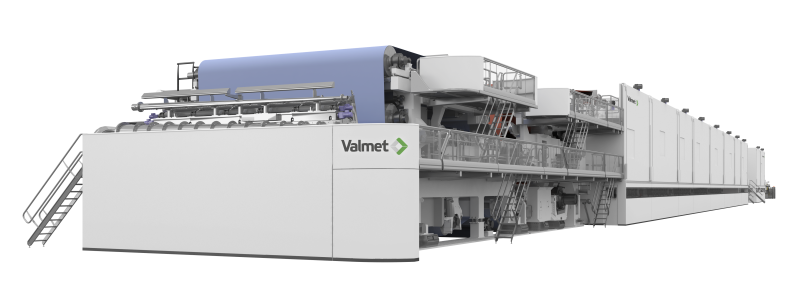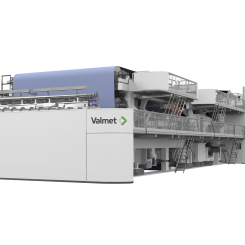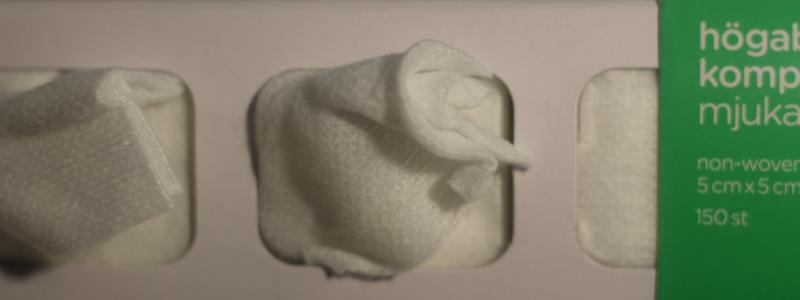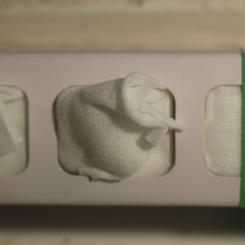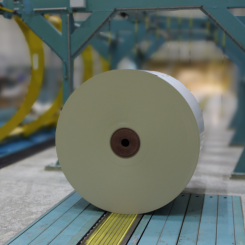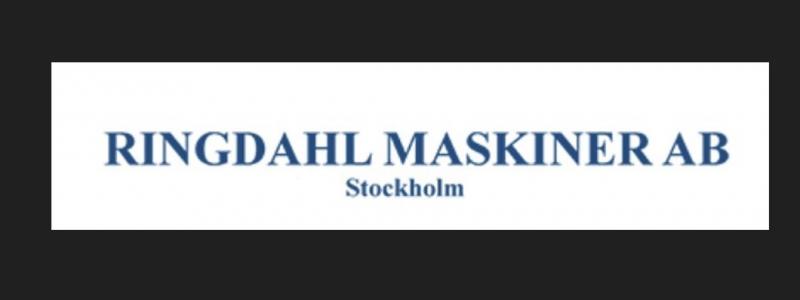Sappi North America, a leading producer and supplier of diversified paper and packaging products, has announced the release of its 2015 Sustainability Report. The report showcases Sappi's industry leading sustainability performance.
"Each year, we look forward to reporting our progress against the five year goals we set to ensure that Sappi North America continues as a thriving, sustainable, re-investable company," said Mark Gardner, President and Chief Executive Officer. "We have an eye to the future and are committed to make those decisions which best position our company in the changing business environment."
Sappi's 2020Vision
In 2015, Sappi Limited established an aspirational vision for the future that was structured around concrete, measurable initiatives with clear baselines for performance. The goal to become a truly diversified wood fiber group, targeting a substantial increase in EBITDA through an expanded product portfolio, reflects Sappi's confidence in its ability to evolve with the changing world; continually maintain and improve returns in mature markets; and deliver top-line growth in newer businesses, like specialty packaging.
Sustainability Goals
Sappi North America's sustainability goals are segmented according to the three most critical elements of its business: PEOPLE, PLANET and PROSPERITY. Collectively these goals account for an aggressive approach to increasing safety and education for Sappi employees, building returns on net operating assets through increases in operational efficiency; and reducing energy and raw material waste. Some of this year's performance highlights include:
- 100% of Sappi’s fiber was procured in accordance with the SFI® Fiber Sourcing standard as well as the FSC® Controlled Wood standard, and 58% of the fiber came from certified sources.
- Sappi remains the manufacturer with the lowest carbon footprint out of all domestic producers of coated freesheet papers in the US, and the combined direct and indirect emissions total just 0.4 tons CO2/ton of product.
- The solid waste sent to landfills reached its lowest level in the past five years, due in large part to the continued expansion of Sappi’s beneficial use program where by-products are used by local landowners as a soil amendment.
"As a member of Sappi North America's Sustainability Customer Council, I have seen firsthand how invested and dedicated the organization is with respect to its sustainability efforts," said Larry Westlake from Sandy Alexander. "They proactively engineer solutions to promote a sustainable future for not just the paper industry, but everyone."


